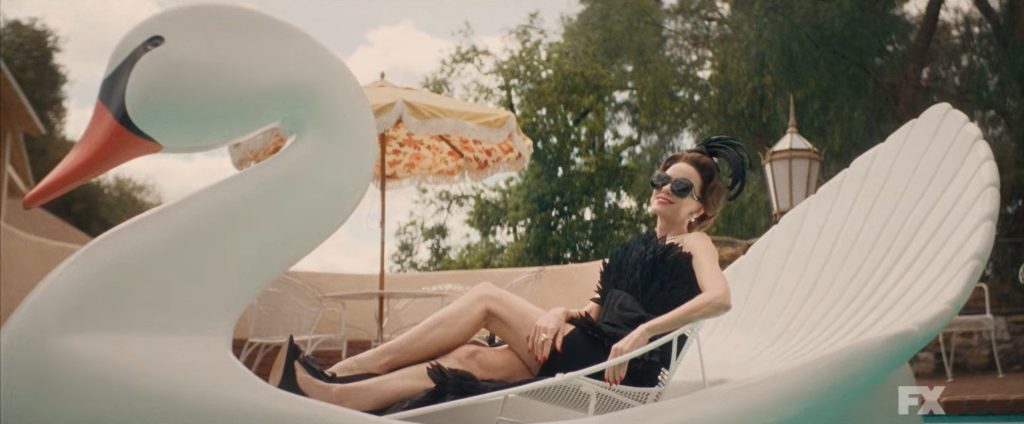
The sad story of Truman Capote’s ouster as storyteller and entertainer to the wives of Manhattan’s most powerful men continues to make waves today. Much ink has been spilled over Capote, in the 80s considered the greatest living American author, who was banned from the magic circle of dinners at La Cote Basque after publishing devastating, humiliating tales told to him in private by his Swans. FX’ FEUD: Capote Vs. The Swans tells the story from Capote’s and the Swan’s point of view. They are Lee Radziwill (Calista Flockhart), “Slim” Keith (Diane Lane), C.Z. Guest (Chloë Sevigny), and Babe Paley (Naomi Watts) and non-Swan Joanna Carson (Molly Ringwald) who stood by him. Tom Hollander is phenomenal as Capote and Ryan Murphy’s Gothic, gossipy thumbprint is all over it! What She Said’ Anne Brodie attended a Critics’ Choice conference with the stars and Murphy.
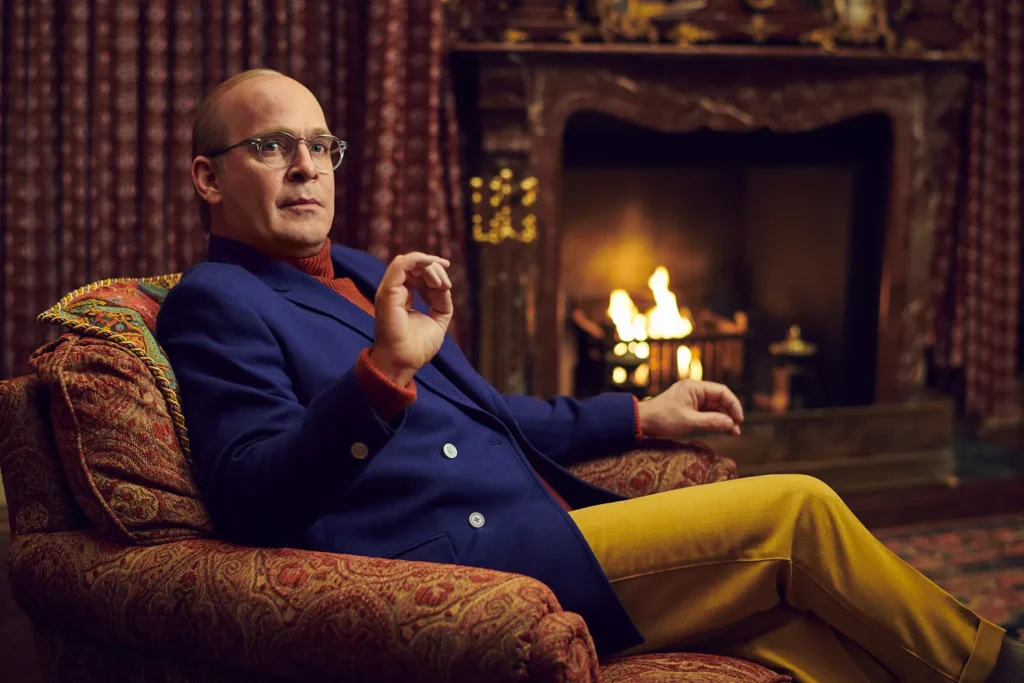
Tom Hollander: I think he was the greatest writer of his generation, so for a bunch of people that were very rich and fancy houses but disempowered by their marriages, to have the greatest writer of his generation in their salons – he was an accoutrement. He was a dazzling accoutrement on their dinner table. And maybe he would celebrate them. So maybe at some level, their vanity was flattered by having him around and him understanding them and listening to them in a way that their husbands weren’t, didn’t have time for. He was filling a great gap in their emotional lives, and he was brilliant. He was an incredibly entertaining, perceptive, clever, interesting, singular man, so they were all so I’d say that’s what they were getting out of it. Quite a lot. Until it went wrong.
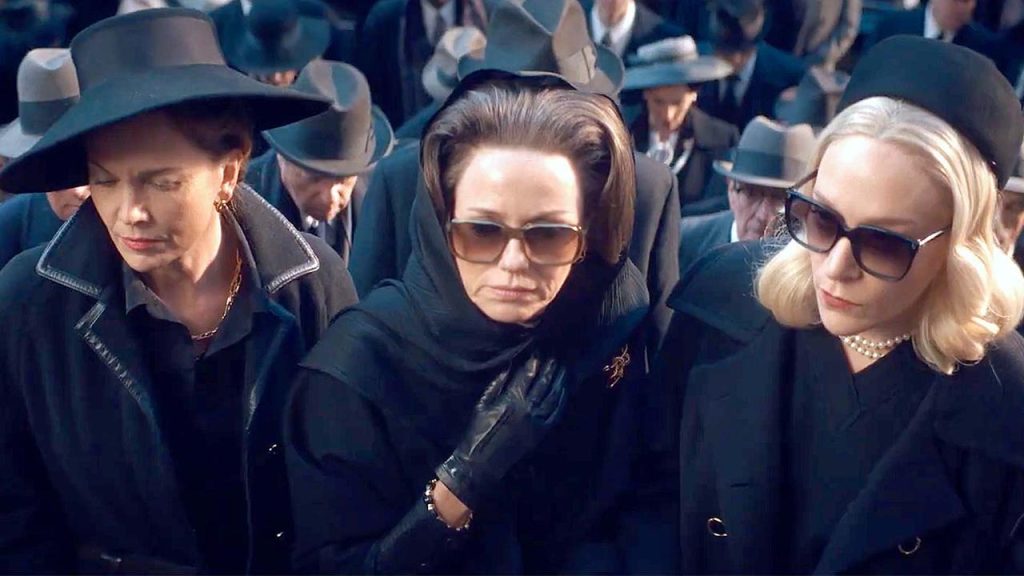
Ryan Murphy: That’s one of the reasons they turned to Truman because they were all in marriages or with men who constantly put them in their place and told them they weren’t enough. And Truman was the one who said to them, “You’re actually smarter than your husbands, you control everything. All of these lives are because of what you’re doing.” And there’s a baked-in sadness in that, that so many women of that generation, I think, that we wanted to write to. And there’s nothing more depressing than lost potential, which I think they all really had.
Naomi Watts – I think they were trapped in the wrong time, but that’s how society was operating. They were uncredited for the work and the amount of time they put into making their husbands’ businesses go well, but we definitely showed it. And the resentment builds when, you know, the philandering continues and it’s tolerated to a point. Babe is someone who’s well-callused by this point, she knows (her husband CBS founder William S. Paley) was having another affair here, another one there.
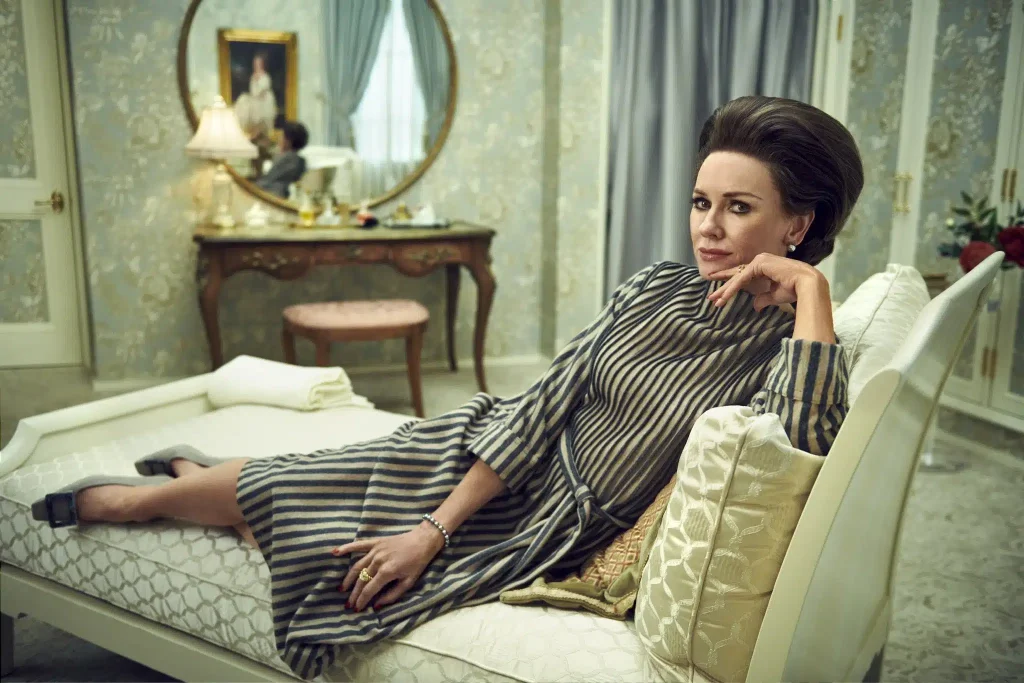
But when she shares all of her secrets with Truman someone who actually cares about her well-being, she feels seen and listened to for the first time in such a deep way – her husband didn’t spend enough time appreciating her or really seeing what she needed and wanted. And so she fell into this relationship as if it was the deepest romance she’d ever had, minus the sex, but I think that allowed her to go deeper. And so when the betrayal occurs, she just comes undone and they all do because they trusted him. But for Babe, I think all of the wounds start coming to the surface, not just the wounds that he has created, but the wounds of her life. And, you know, she’s also facing her death as well through her sickness, and so a lot of big questions are coming up about the regrets and what has my life amounted to? What could I have done, what should I have done? That speaks to a really kind of universal language, I think, that we all can relate to, I think certainly.
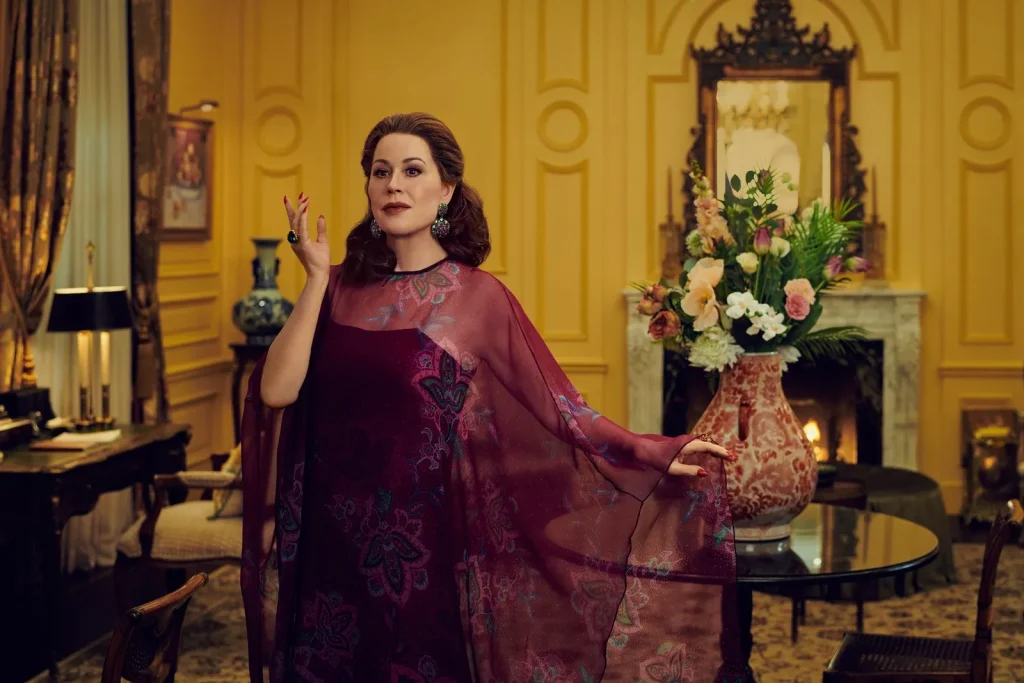
Molly Ringwald – The character that I play is not a Swan. She was his last friend. But I feel that it was such a betrayal because they adored him so much. And I think even though they knew he was a writer, I feel like they thought they were going to be immune to that. It’s what writers do, use material in their lives and fictionalize it. I think it was pretty self-destructive, what he did. I don’t think he wanted to lose their friendships either, but he is a writer. Like Joanne Carson. I think one of the reasons why she stayed friends with him because he wrote things about her too, but she was in love with his genius. I think she really thought that he was a genius. And I do too, as a writer, I think he was a genius, and I think all writers need somebody in their lives there sort of saying, “You can do this, you’re great.” I feel like there was maybe a little bit of anger on his part from being a little bit of a court jester, maybe there was some anger about that, I don’t know.
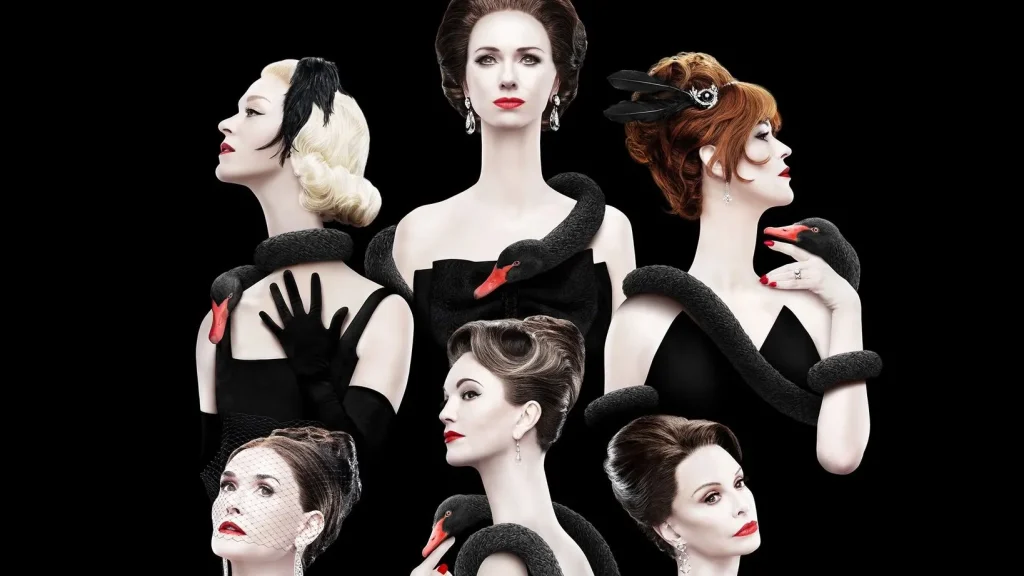
Hollander – I think maybe they didn’t really think he was one of them. And he didn’t believe that he was one of them either. He knew that he was at some level, a tourist in their world, and at some level, they thought he was lucky to be there. So when he turned, or when they felt he turned, they were vicious because “From you? You were the adornment in our house. You are not our equal.” And I think at some level he probably knew that, which is why it’s why he writes “Côte Basque” in the way that he does, because at some level he’s enraged at his own position. Because, as we learn in Episode 6, you know, he is always at the end with this virtually – he’s somewhere between them and their staff.
Premieres tonight at 10 p.m. ET/PT with the first two episodes on FX and Citytv+.